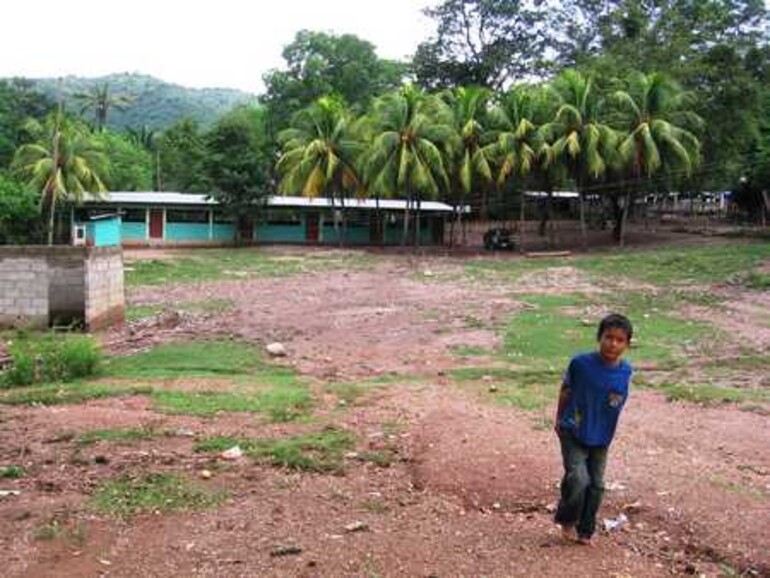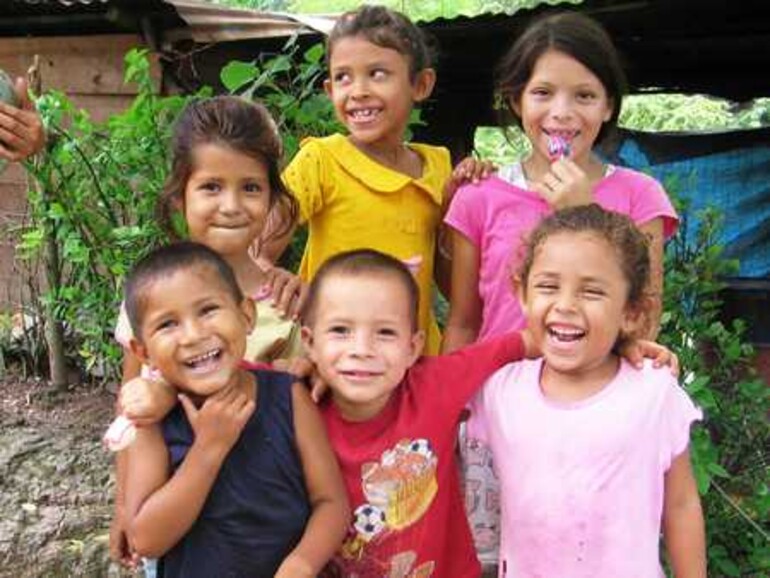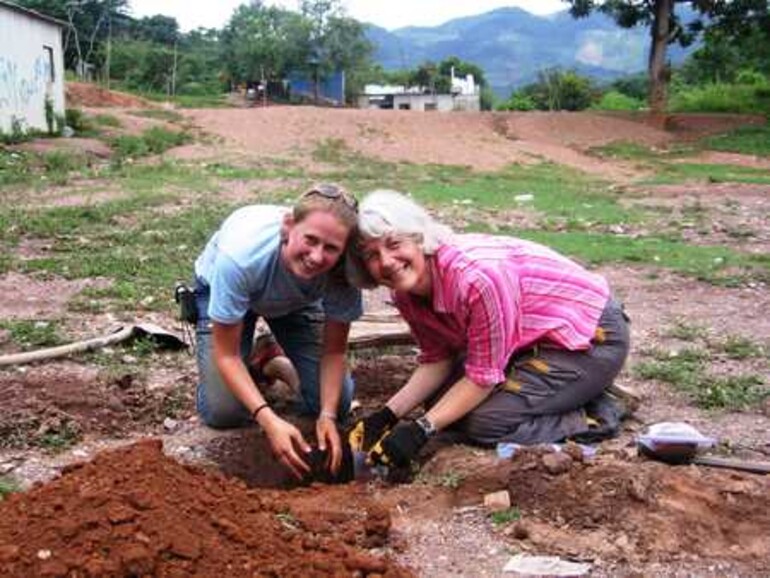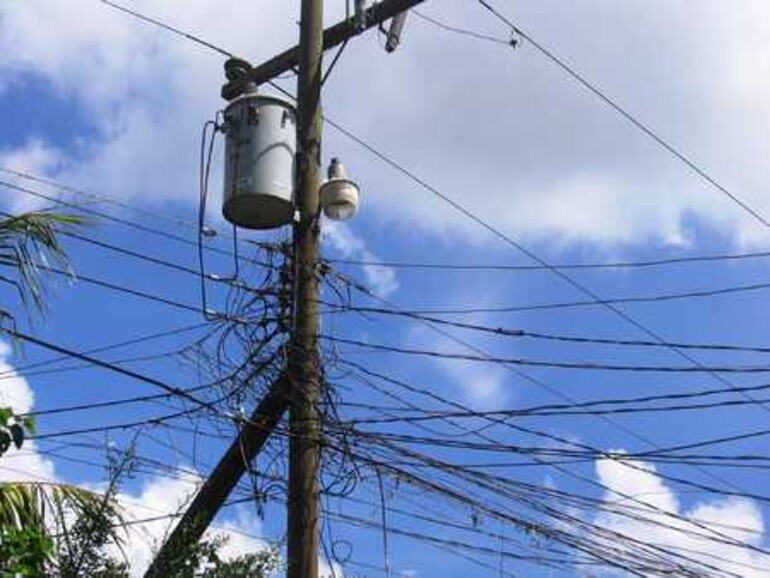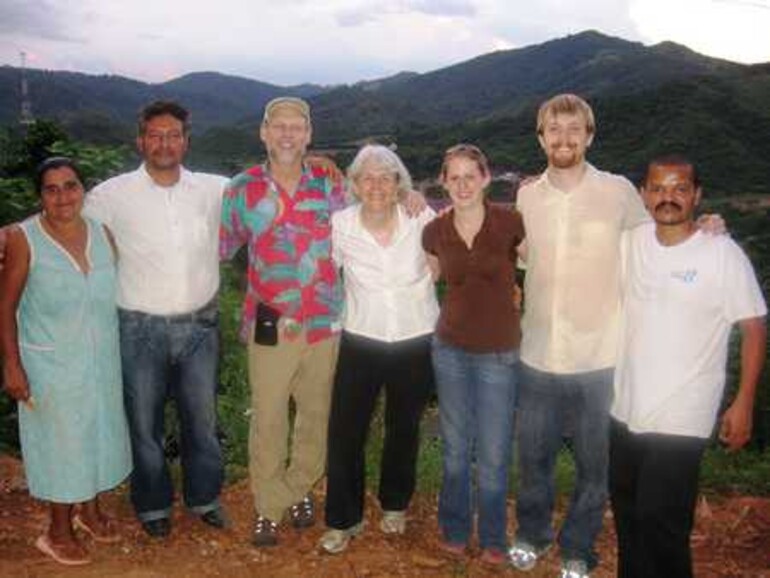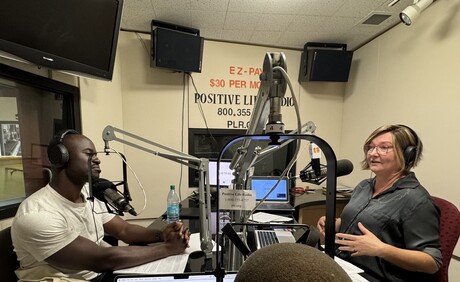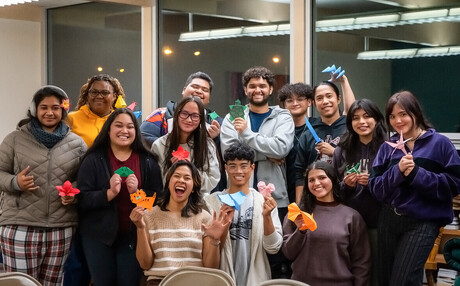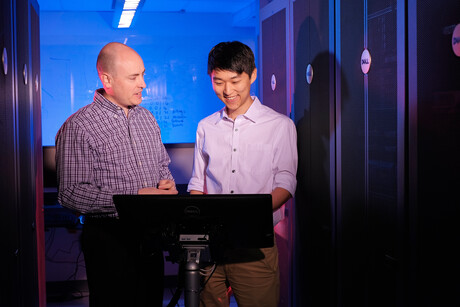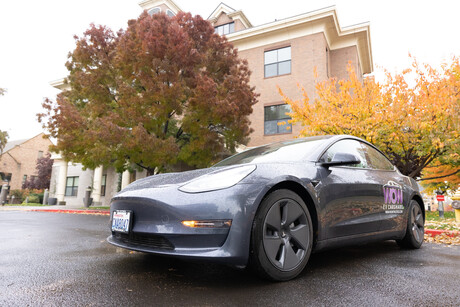In September, a team from the Walla Walla University chapter of Engineers Without Borders traveled to Honduras to visit and help a school in Luis Garcia, as well as the community.
"The trip was a great technical success," says John Hawkins, president of the WWU EWB chapter. "We collected helpful data and made personal connections crucial to the success of our project."
The community of Luis Garcia is located 16 miles south of San Pedro Sula, the second largest city in Honduras. Its population is mostly factory workers and their families who located there when their homes were destroyed by Hurricane Mitch in 1998.
The Luis Garcia School hosts more than 300 students, far exceeding the practical capacity of the five existing classrooms. Due to the tin roofs, classes cannot be held during rain storms, and the kindergarten class meets in a building made entirely of tin, making summer days unbearably hot.
Classroom facilities aren't the only concern on the school grounds. Sanitation is also an issue. The facilities are not adequate for the large student population. Runoff water flows through the schoolyard almost continuously, exposing the children to disease and parasites.
In March, the WWU EWB chapter plans to return to repair and expand the school with the help of local laborers. Plans are underway to construct four new classrooms, a cafeteria, and a functional sanitation system. They also hope to build a fence around the schoolyard for added security.
"Everyone who went on this trip agrees the best part was meeting the people," says Hawkins. "The excitement, gratitude and determination in the eyes of the villagers told us exactly why we were there. We can't wait to get started on this project."
While they were in Honduras, the team also scouted for projects. One possible project is to start a school feeding program to increase attendance and promote student health.
Engineers Without Borders–USA is an organization consisting of engineers and other interested parties with different skills from around the world. Local chapters are assigned engineering projects; sometimes abroad, sometimes locally. WWU's EWB chapter was formed in 2007, and it currently has 25 members.
In October, the group held their first meeting with the design team for the project. Four senior civil engineering majors are making this their senior project, with the assistance of two faculty advisers.
For more information on how you can get involved with the EWB program at WWU, e-mail info@ewb-wwu.org, or visit www.ewb-wwu.org.



